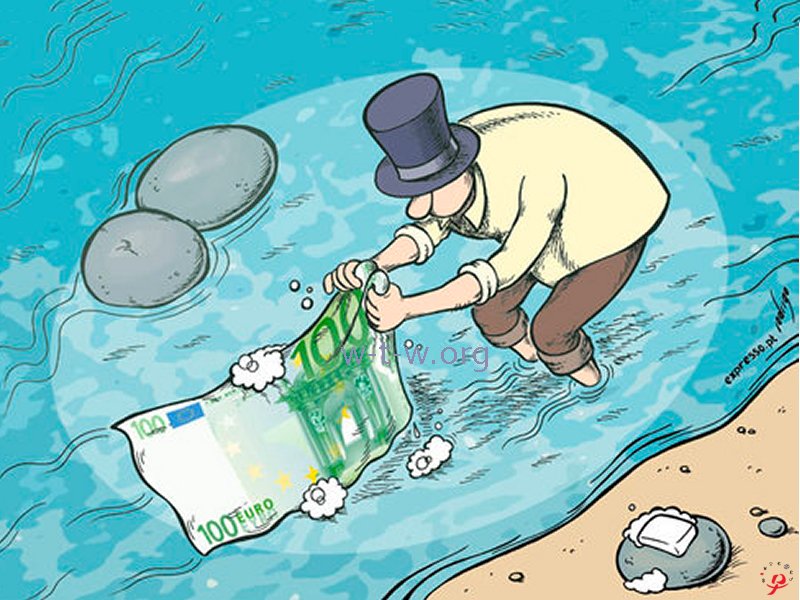Our correspondent Andreas Frank reports: The multi-billon dollar illicit trade of commodities (from cocaine to blood diamonds, weapons and human beings) has many complexities, from creating or extracting the product to moving the product to international markets to delivering payments.
The return cycle is equally complex, including the types of payments used to acquire the commodities, from cash to weapons and other goods the seller may need. This cycle relies on a specific group of individuals who act as facilitators in connecting different facets of the criminal and/or terrorist networks of state and non-state actors.
In order for transnational criminal pipelines and networks to function, different parts of the network need to communicate with each other and be able to supply mutually beneficial services and commodities to each other.
- The fixers, or links, between different parts of the network, provide this vital service connecting different facets of the criminal and/or terrorist networks of state and non-state actors.
- Local fixers, often members of the local elites and/or entrenched diaspora communities, help move the illicit product from production in conflict zones, criminalized states or territories not governed by the state, to the internal market.
- Super fixers, those with broader international connections, can then move the product to the international market and provide some financial services. However, they rely on shadow facilitators to acquire the more complex and sophisticated equipment, often weapons or high technology components that are not readily accessible through normal market channels.
 The shadow facilitators usually deal with more than one criminal or terrorist network, providing rare and valuable services to multiple actors who may even be in conflict with each other. As the Viktor Bout case shows, if one provides good enough services that are highly specialized, one can arm multiple sides of the same conflict and greatly increase one’s profits in the process.
The shadow facilitators usually deal with more than one criminal or terrorist network, providing rare and valuable services to multiple actors who may even be in conflict with each other. As the Viktor Bout case shows, if one provides good enough services that are highly specialized, one can arm multiple sides of the same conflict and greatly increase one’s profits in the process.
Because shadow facilitators’ international contacts and structures are so specialized, difficult to replace and operate for multiple groups, targeting them by law enforcement and intelligence communities should be a high priority. The Drug Enforcement Administration (DEA), in particular, has focused on this group. The high profile cases of the Viktor Bout and Monzer al-Kassar, two of the world’s most elusive and powerful brokers in recent decades, show that operations can be undertaken and prosecuted successfully.

The impact in both cases was significant. Viktor Bout’s arrest and conviction crippled and grounded an air fleet that was supplying weapons, across Africa, including Somalia, and seeking inroads into Latin America. The cost of replacing items outside that network was possible but costly both financially and in time.
Almost four years after his arrest (he was convicted in November 2011) no one has successfully put the pieces of the enterprise back together. In the Al-Kassar case, the network also collapsed. In both cases, there are indications that other individuals have picked up pieces of the network, but in neither case has capacity emerged to offer anything like the full range of services these two super facilitators did.
However, much of the conventional strategy for combating Transnational Organized Crime (TOC) relies on conceiving of illicit networks as hierarchical organizations with a strong top-down structure. Rather than focusing on the links (individuals providing specific services) mutual usefulness to each other of different small, relatively flat networks that overlap and rely on many of the same specialists, the focus remains on kingpins.
Targeting fixers is not a silver bullet but is one of the most efficient methods for weakening and disrupting illicit networks.










 to achieve greater efficiency and cooperate with concerned international agencies to expedite steps to bring back “stolen assets spirited abroad”.
to achieve greater efficiency and cooperate with concerned international agencies to expedite steps to bring back “stolen assets spirited abroad”.
